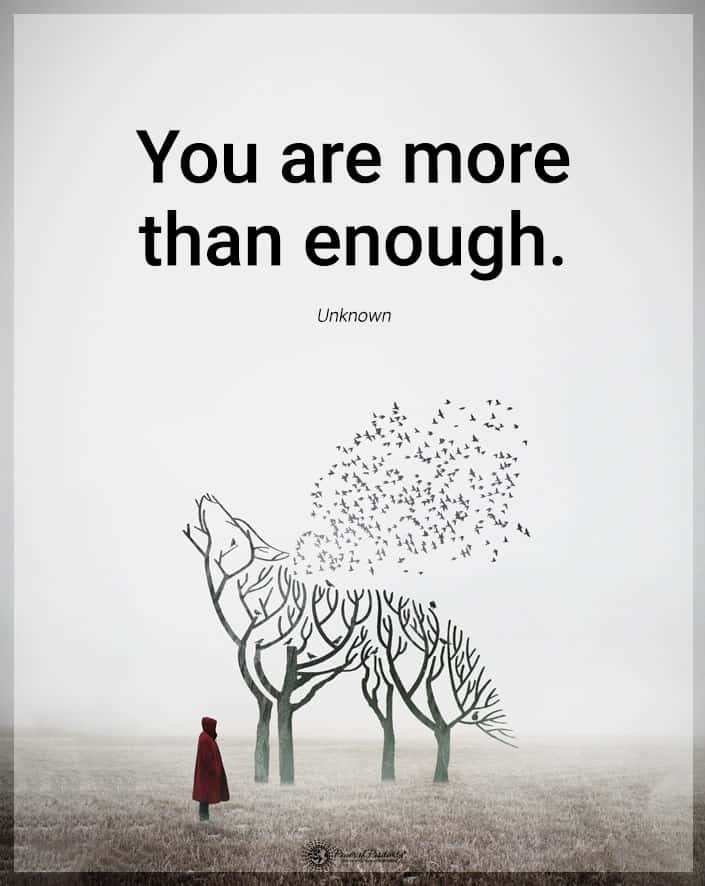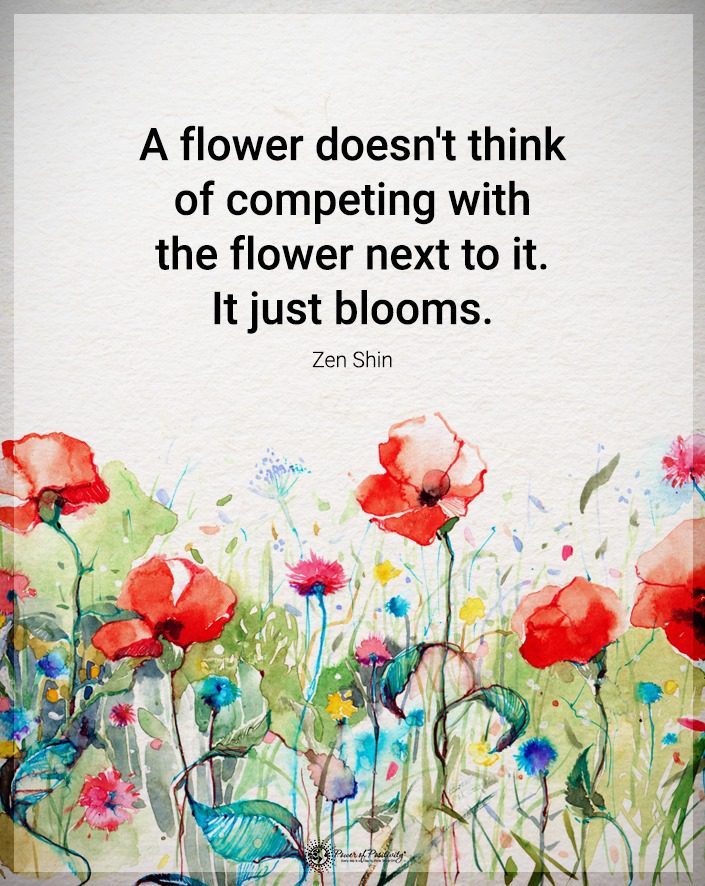Repeatedly. Do. Excellence. Habit. The truth is there is no magic formula for developing habits. There’s no “hack” or pill to supplant mindful action.
“We are what we repeatedly do. Excellence, then, is not an act, but a habit.” – Aristotle
That Aristotle guy was pretty smart. Before the thousands of books (and “revisions” to said books) that do nothing but dwell on about the importance of habit, the Greek philosopher summed up the practice in fifteen words. Can you find the key words in the above quote? Go ahead and give it a shot.
If we had to break down habit-forming in three steps, it’d be as follows:
- Write down the habit (one at a time) you want to change and why in a journal. Keep this journal accessible by bringing it with you everywhere.
- Make the necessary preparations (e.g. scheduling, getting organized, etc.)
- When resistance arises, use mindfulness to overcome it – and refresh your memory by re-reading your journal.
Too many people associate the word habit with self-deprivation. Too many people make the formation of consistent behaviors far too complicated.
Please don’t buy into it.
Ten Habits That Support Your Well-being
Let’s take a look at ten habits that make for a better day, every day.
1. Define your purpose, goals, and objectives
What do you want to get done today and why? Here’s a real example:
- Stop by the store and pick up veggies
- Message the partner
- Clean bathroom floor
- Read work emails and write responses
Of course, every person reading this will have a different set of things to get done.
2. Get up earlier
If you have aspirations and dreams, it’s essential to maximize the 24 hours we’re all given. Watch for some incredible changes soon after implementing this habit: more energy, more productivity, and less stress.
3. Drink H2O
Ladies and gentlemen, water is a magical elixir. Boring and tasteless? Maybe. But consider the reasons to “aim for 64.” Water eliminates toxins, eases digestion, boosts metabolism, increases energy, promotes skin health, and so on.
(Oh, and please do drink 64 ounces.)
4. Single task
For those who do not know, multitasking – or doing more than one thing at a time – has repeatedly been debunked by neuroscientists. We’ve covered this issue repeatedly, but here’s a reminder from MIT neuroscientist, Earl Miller:
“The brain is very good at deluding itself. Switching from task to task, you think you’re actually paying attention to everything around you at the same time. But you’re really not,” Miller said, “You’re not paying attention to one or two things simultaneously, but switching between them very rapidly.”
In short, the human brain is not wired to multitask.
5. De-clutter
Right now, there’s some clutter or useless junk around you. Look at your desk, in your closet, or on your shelves. How much of that stuff do you need? If you don’t need it, get rid of it.
External clutter = mental clutter

6. Lay off the tech
For people who swoon over technology (*shields eyes*), it’s sacrilegious to disavow our e-toys. It’s not necessary to swear off our PlayStations, X-Boxes, PCs, and smartphones, thank Heavens.
The biggest timewaster is probably the internet. (There’s a reason employers block external sites.) Remember, time wasted is an opportunity lost. Have fun, but try and keep yourself in check.
7. Have a routine
“Blech…routines and schedules.” Some people hate the notion of scheduling things – until they realize the oh-so-glorious freedom that comes with it.
People hate schedules because they see them as boring and restrictive. They aren’t. Done correctly, a schedule – such as an evening schedule (e.g. sleep hygiene) – can make for a more independent lifestyle.
8. “Make your bed!”
Does anyone else remember getting screeched at when we “forgot” to make our beds? Perhaps our moms or grandmothers had the right idea. A tidy space could actually mean a tidier mind.
On a serious note, Gretchen Rubin, author of The Happiness Project, states, “When I was researching my book on happiness, this was the number one most impactful change that people brought up over and over.” The rationale is simple enough: we do one productive thing and feel good, so we continue doing productive things that make us feel good.
9. Take some time to think
Our society is built around productivity – it’s a fact of life. As such, we rush around and do one thing after another until it’s time to hit the sack, only to do the same thing the next day.
Do you have a block of time when you just sit down to think about things? To dream, visualize, meditate, or “space out?” If so, you’re in good company. Bill Gates and Jeff Bezos (CEO of Amazon), despite their crazy schedules, have a dedicated amount of reflection time – a habit that both say has contributed to their success.

10. Remember to have fun while developing better habits
Life is too damn short to take everything seriously. Whatever you find “fun,” whether it’s gaming, reading, journaling, or just “being,” carve out some time during the day to do it.
Having fun is not a luxury, it is a necessity.


















